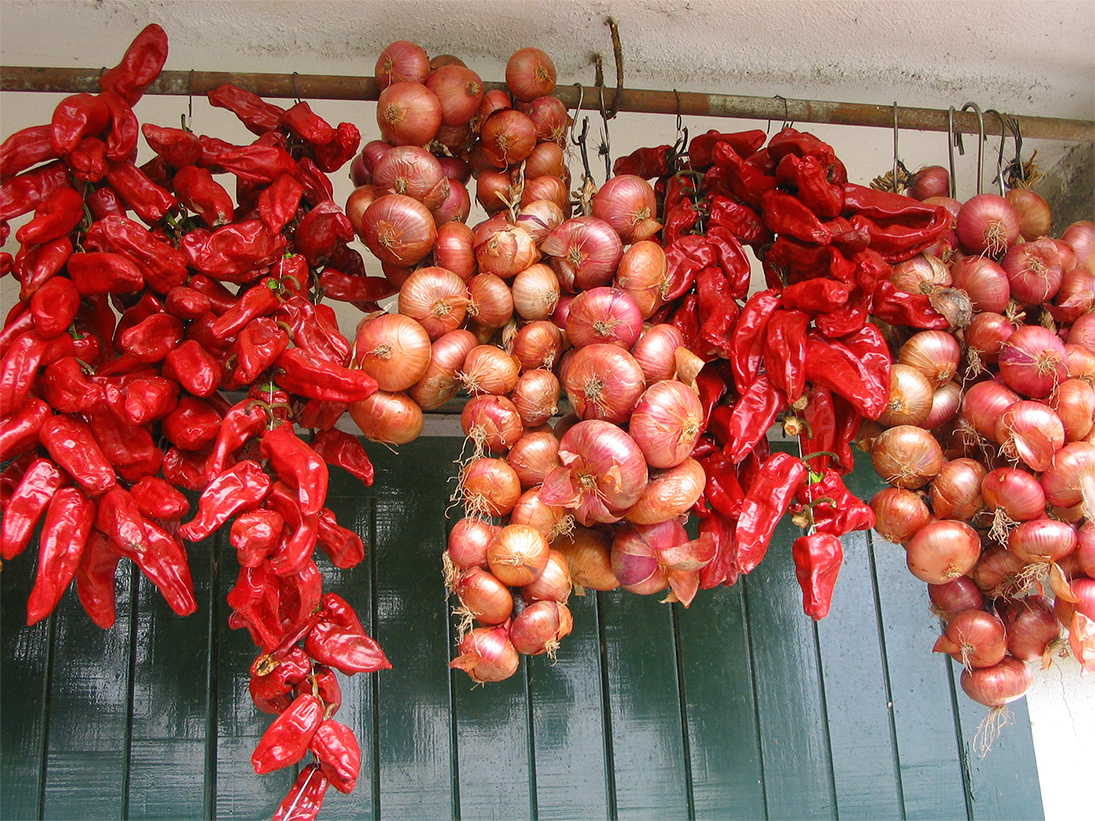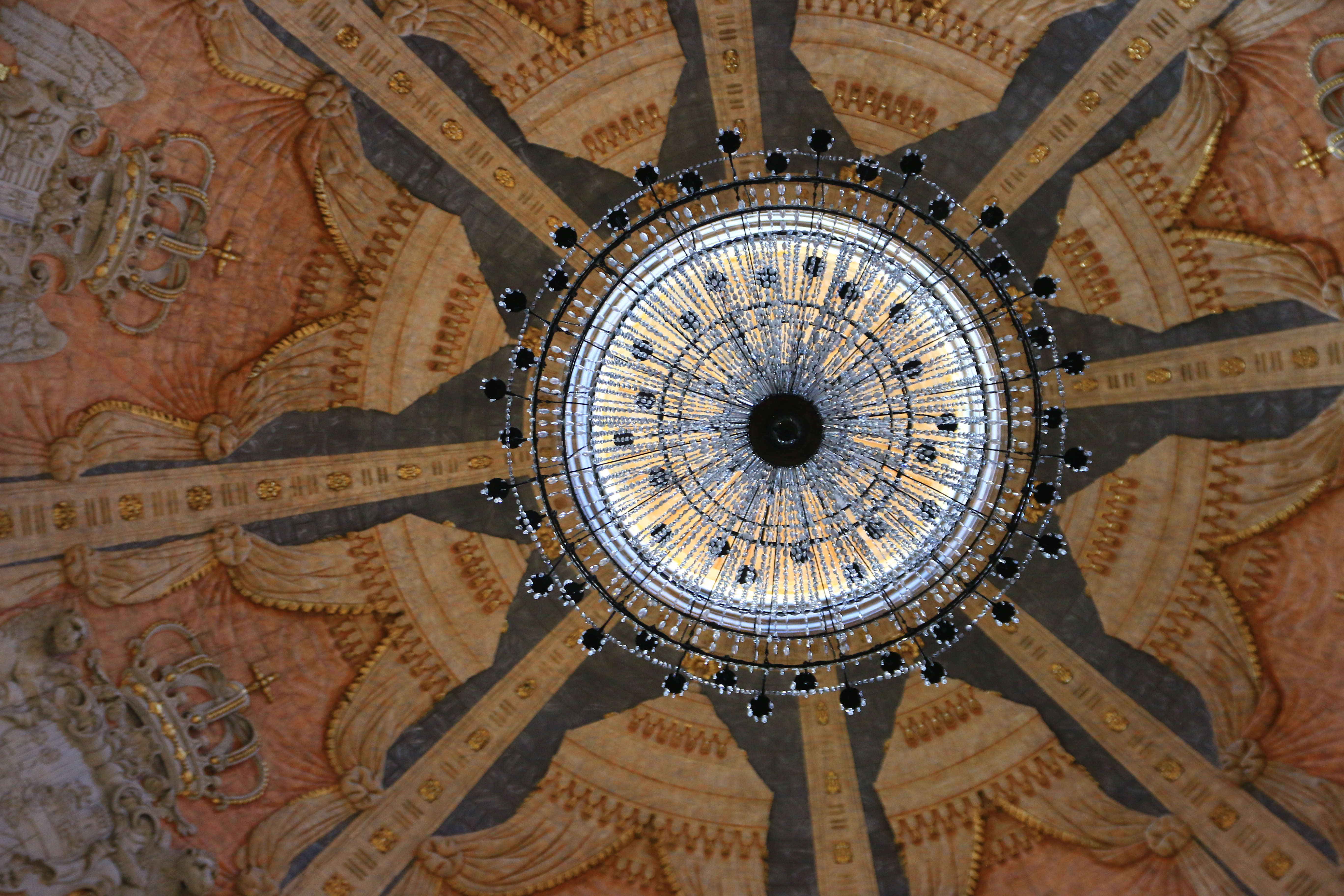Basque ethnography at a glance

Transportation of milk churns by cart. Neighbourhood of Ambasaguas in Carranza (Bizkaia), 1958. Courtesy of Miguel Sabino Díaz.
The economy of our society of generations past was very nearly self-sufficient, with hardly any money involved. Payments in kind and bartering among neighbours were common practice. Only a handful of items were purchased: salt, sugar, oil and tobacco. And depending on locations and circumstances not even those, as in the following instances. In surroundings close to salt mines across the territory locals were well supplied for salt. Some keen smokers cultivated tobacco; others contented themselves with the leaves of native plant species. Once dried and cut, the vegetable remains were rolled in the lighter inner husks of maize. Olives were grown in the south of the country, so cooking oil was readily available. Animal fats, namely tallow and lard, were often used instead of oil in areas not suited to olive growing. Little sugar was consumed, honey being its natural alternative. In time of shortage the traditional farmstead was virtually a complete autarky from the point of view of food sovereignty. (more…)

Traditional farmhouse in Kortezubi (Bizkaia). Segundo Oar-Arteta. Labayru Fundazioa Photographic Archive.
Occupants of the majority of farmsteads (baserriak) in the region of Busturialdea (Bizkaia) were renters (errenteruak) in former times. Landowners planning to build a house were popularly said to require at least 300 oaks (haretxak) for the council to grant them a building permit. Stone (harria) and clay (buztina) were equally indispensable. (more…)

Strings of red peppers and onions. Akaitze Kamiruaga. Labayru Fundazioa Photographic Archive.
As Miguel de Unamuno said, natives of Bilbao are genuinely referred to as bilbainos and bilbainas, rather than by their quadrisyllabic counterparts. Indeed, placing the accent marks on bilbaínos and bilbaínas requires an immense effort for a Bilbao born and bred, because it contradicts the way we pronounce them, the two consecutive vowels they contain remaining bound in the same syllable. The voice of local citizens is probably the best source of evidence for the correct spelling and pronunciation of words that identify them. So the absence of hiatus is therefore more than justified. (more…)

Loyola (Gipuzkoa). José Ignacio García Muñoz. Labayru Fundazioa Photographic Archive.
In a previous post we revisited sacred places popular with pilgrims as prevention and cure for sickness. On this occasion we focus on pilgrimage destinations for infertile women and children with disorders. These are old-time practices that have gradually been abandoned over the years.
Infertility was almost considered a disgrace in traditional society, and primarily, if not exclusively, attributed to women. Children were a blessing for the continuity of the family line, while providing a helping hand with domestic chores. Not surprisingly, married women eagerly yearned for a family of their own, and those who could not bear children sought the intercession of the Virgin and the saints. (more…)

